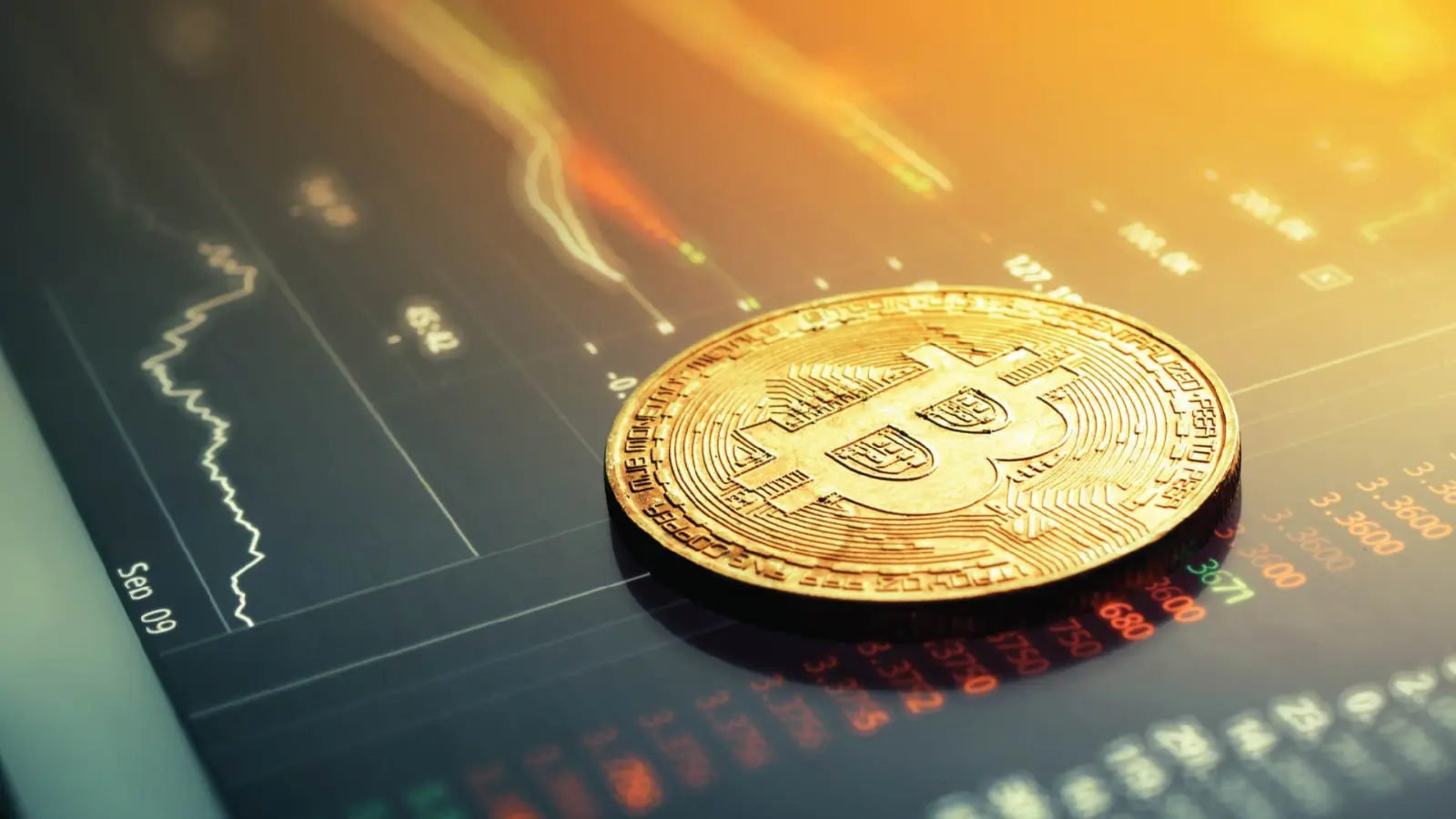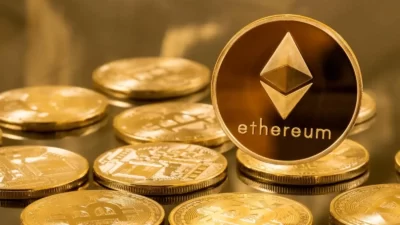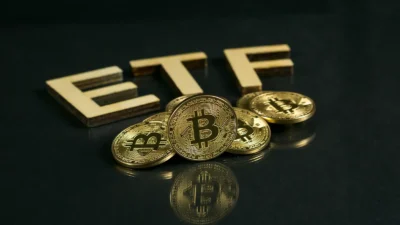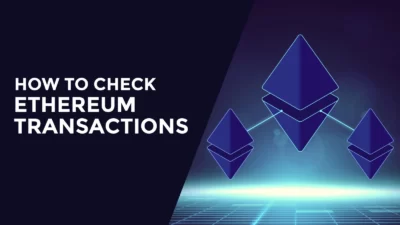Table of Contents
Toggle- The Basics of Crypto Trading in Dubai
- Cryptocurrency Trading Regulations in Dubai
- Tax Implications of Selling Cryptocurrency in Dubai
- Cryptocurrency Tips as an Expat in Dubai
- Declare Your Digital Assets
- Use a Licensed Exchange
- Stay up to date with Regulations
- Consider External Wallets
- Diversify Your Holdings
- Do I need to pay taxes when selling cryptocurrency in Dubai?
- Do I need a license to sell cryptocurrency in Dubai?
- Can foreigners sell cryptocurrency in Dubai?
- Are there any restrictions on selling cryptocurrency in Dubai?
- Conclusion
You must understand the regulations and tax implications when selling cryptocurrency in Dubai. With cryptocurrency gaining popularity in the UAE, the government has implemented laws regarding trading and taxation. As an investor, you must educate yourself on compliance policies.
This article will provide key information on the legal requirements, income tax rates, and reporting procedures for cryptocurrency sales in Dubai.
You will learn how to properly document your crypto income and capital gains to avoid penalties from regulatory agencies. You must comply with the guidelines whether you occasionally trade altcoins or frequently invest in USDT or Bitcoin. Use this resource to ensure you handle cryptocurrency taxes appropriately in Dubai.
The Basics of Crypto Trading in Dubai
Dubai has become a hub for cryptocurrency trading and blockchain development in recent years due to supportive government policies and incentives for crypto companies.
Registration and Licensing
To buy or sell cryptocurrency in Dubai, you must register as a trader with the Dubai Multi Commodities Center (DMCC), which oversees the sector. The DMCC issues licenses for individuals and companies to trade crypto assets. As a trader, you must comply with the DMCC’s rules on anti-money laundering and counter-terrorism financing.
Choosing a Crypto Exchange
Several cryptocurrency exchanges based in Dubai allow you to buy and sell major cryptocurrencies like Bitcoin, Ethereum, and Ripple. Before using it, please thoroughly research an exchange, considering factors like security, fees, payment methods, and customer support. Leading Dubai-based exchanges include SUID.
Storing Your Crypto
For security, do not leave cryptocurrency on an exchange after purchasing it. Transfer it to a digital wallet instead. Options include software wallets on your mobile device or computer and hardware wallets. Hardware wallets that are not connected to the internet offer the strongest security. However, they typically charge a fee for transactions. Choose a wallet that fits your needs based on convenience, security, and costs.
Staying Compliant
Dubai has clear rules on anti-money laundering that apply to cryptocurrency. Do not engage in suspicious transactions or deal with unlicensed individuals or companies. Keep records of your crypto transactions and be prepared to share them with regulatory authorities if requested. Failure to comply can result in penalties, including blacklisting, fines, and even criminal prosecution.
Following licensing and security best practices will allow you to legally and safely buy, sell and trade cryptocurrency in Dubai’s supportive regulatory environment. Conducting due diligence on all parties involved and maintaining transparent records of your transactions are key to staying within the guidelines.

Cryptocurrency Trading Regulations in Dubai
The regulatory environment for cryptocurrency trading in Dubai is primarily overseen by the Dubai Financial Services Authority (DFSA) and the Securities and Commodities Authority (SCA).
Dubai Multi Commodities Center (DMCC)
The DMCC issued guidelines allowing firms to trade cryptocurrencies in 2018. Cryptocurrency exchanges and brokers in Dubai must obtain a DMCC license to operate. They must also implement KYC and AML controls to verify customers and monitor transactions.
No Capital Gains or Income Tax
Dubai does not tax individuals or corporations on capital gains or income. As such, profits from cryptocurrency trading are tax-free. However, companies still must pay a business license fee and renew their business license annually.
Government Regulation
The Dubai government has taken a relatively open stance toward cryptocurrencies compared to other countries in the region. The government aims to become a global blockchain hub, though officials continue to warn investors about the risks of high market volatility and fraud. New regulations could impact firms and investors at any time.
Secure Storage Required
Cryptocurrency exchanges and brokers in Dubai must store most customer funds in secure wallets separate from operational accounts. They must also carry insurance to cover potential losses from hacks, theft, and other issues. These secure storage and insurance requirements aim to protect both investors and the industry’s reputation.
Dubai provides a regulated environment for cryptocurrency trading with minimal taxation. However, the government continues to monitor the market and may issue new rules at any time. Cryptocurrency firms and serious investors should stay up-to-date with the latest policies to ensure compliance.

Tax Implications of Selling Cryptocurrency in Dubai
As the popularity of cryptocurrency trading increases in Dubai, traders must understand the tax implications of selling cryptocurrency in Dubai.
No Capital Gains Tax
The United Arab Emirates (UAE) does not levy capital gains tax on cryptocurrency. As such, individuals and businesses in Dubai are not subject to capital gains tax on profits from cryptocurrency sales. This makes Dubai an attractive location for trading and investing in digital assets.
No Income Tax for Individuals
Dubai has a territorial tax system, meaning only income earned from sources within Dubai is taxed. As cryptocurrencies are not recognized as a taxable asset class, profits from crypto sales are not considered taxable income for individuals. Expatriates living in Dubai will not pay any income tax on profits from cryptocurrency sales.
Corporate Taxation
While companies incorporated in Dubai are subject to up to 55% corporate tax on taxable income, cryptocurrency sales profits are not taxable. As such, companies can take advantage of Dubai’s pro-business regulations and the lack of cryptocurrency taxation. However, the UAE may introduce cryptocurrency regulations and taxation in the coming years in line with recommendations from intergovernmental organizations like the FATF. Companies should stay current with any new policies around cryptocurrencies to remain compliant.
Dubai’s tax-neutral stance on cryptocurrencies and lack of capital gains or income tax for individuals make it an ideal location for trading and investing in digital assets. However, companies and investors should monitor new regulations and policies closely to ensure continued compliance.
Cryptocurrency Tips as an Expat in Dubai
Check these essential tips for ex-pats in Dubai looking to engage in cryptocurrency activities effectively and responsibly.
Declare Your Digital Assets
As an expatriate, you must declare all your cryptocurrency holdings to avoid potential legal issues. The UAE does not consider cryptocurrencies as legal tender, but they are tolerated as commodities or assets. Failure to report cryptocurrency earnings or holdings can lead to penalties.
Use a Licensed Exchange
To buy or sell cryptocurrency, use only licensed exchanges that operate legally in the UAE, such as BitOasis, Rain, or Bitoasis. Unlicensed exchanges are considered illegal, and using them can result in legal prosecution. Licensed exchanges also offer more security and consumer protection.
Stay up to date with Regulations
Cryptocurrency regulations in Dubai are evolving. Stay informed with the latest UAE Securities and Commodities Authority and Central Bank announcements. Regulations can change quickly, so remaining informed is critical. Significant regulatory changes may impact how you buy, sell or hold cryptocurrency.
Consider External Wallets
For added security, consider storing your cryptocurrency in an external digital wallet instead of on an exchange. External wallets provide more control and protection over your digital assets. However, you remain responsible for safely backing up and securing access to your external wallet.
Diversify Your Holdings
Just like any investment, diversifying your cryptocurrency holdings can help manage risk. Do not put all your money into a single cryptocurrency. Consider investing in major cryptocurrencies, altcoins, and stablecoins to balance your portfolio. Diversity provides more stability if the value of any single asset drops significantly.
Do I need to pay taxes when selling cryptocurrency in Dubai?
Currently, there are no taxes on cryptocurrency transactions in Dubai, including buying, selling or trading. Cryptocurrency is not considered a commodity or currency by regulators in Dubai. The government classifies cryptocurrency as a digital asset.
Do I need a license to sell cryptocurrency in Dubai?
Yes, to sell or broker the sale of cryptocurrency in Dubai, you will need an appropriate license from the Dubai Financial Services Authority (DFSA). The DFSA oversees the Dubai International Financial Center (DIFC) free zone. To operate a crypto asset business in the DIFC, you will need a license under the DFSA’s Crypto Asset framework.
Can foreigners sell cryptocurrency in Dubai?
Yes, Dubai is open to foreign investors and business owners. If you obtain the proper licenses and permits, foreigners can sell or broker cryptocurrency transactions in Dubai. The requirements are the same for foreigners and locals. Dubai aims to be a global hub for blockchain and cryptocurrency, so it welcomes foreign participation in the industry.
Are there any restrictions on selling cryptocurrency in Dubai?
While cryptocurrency transactions are currently lightly regulated in Dubai, some restrictions exist. You cannot sell anonymized or privacy-focused cryptocurrencies. And you must follow guidelines around anti-money laundering and counter-terrorism financing. The DFSA and other regulators closely monitor cryptocurrency businesses for suspicious transactions and activities. Failure to comply can result in penalties and loss of license.
Conclusion
As we have seen, cryptocurrency trading in Dubai involves navigating complex regulations and tax obligations. While cryptocurrencies are not illegal, you must understand the guidelines around ICOs and exchanges. You must also pay taxes on crypto profits and declare assets above a certain threshold.
You can trade crypto successfully by partnering with a reputable Dubai-based exchange, consulting professionals, and maintaining detailed records. With proper compliance, cryptocurrencies offer exciting opportunities in Dubai business environment. But ignorance of the rules is no excuse – you are responsible for ensuring your trading abides by all applicable laws. Do your homework before buying or selling cryptocurrency in Dubai.








